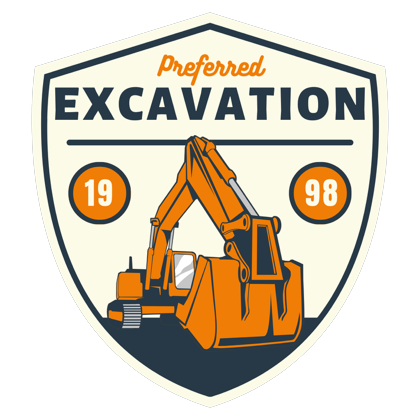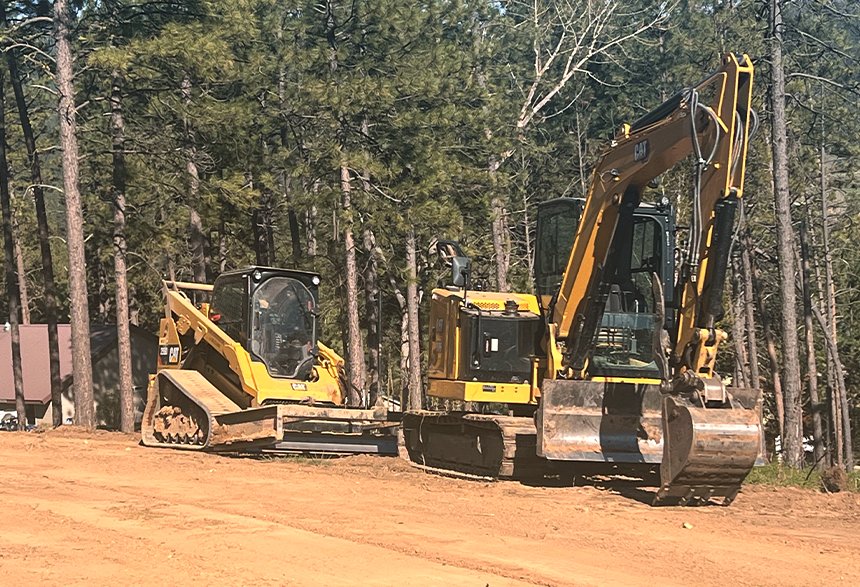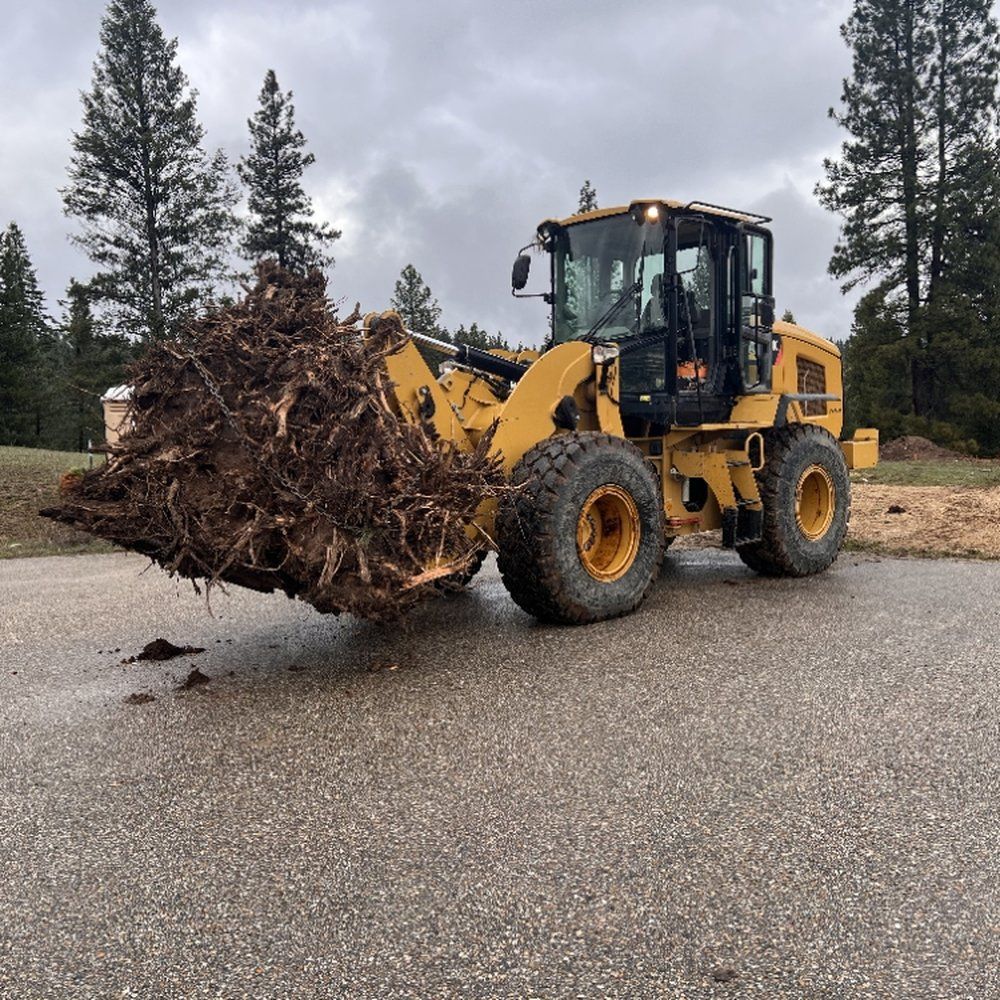Land Clearing and Grading Explained for Site Prep Success
How Proper Land Clearing and Grading Leads to a Flawless Build
If you’re preparing land for construction, you absolutely have to understand the difference between land clearing and grading. Both play a crucial role in prepping your site, but they serve different purposes. Land clearing removes obstacles such as trees, brush, rocks, and debris to create a clean, workable space. Grading, on the other hand, reshapes the ground’s surface to ensure proper drainage and stability for foundations, driveways, and other structures.
Skipping either step can result in long-term issues. Without land clearing, leftover vegetation or stumps can interfere with excavation or lead to uneven settling. Improper grading may cause water to pool near your structure, leading to erosion, flooding, or foundation damage over time. Effective grading levels the surface while also shaping slopes that direct water away from buildings.
These services often require different equipment and techniques. Land clearing typically involves bulldozers, brush cutters, and tree shears. Grading, meanwhile, uses excavators, skid steers, and laser-guided systems for precision. Depending on the size and terrain of your property, these services might be performed together or in stages.
Both residential and commercial properties benefit from expert clearing and grading. The savvy contractor will evaluate your soil, slope, and drainage needs, whether you're prepping a backyard patio or readying a commercial site for development. Preferred Excavation Service has been delivering both services with precision and care since 1997. We ensure your land is cleared, shaped, and ready to support your next big project.
WHY NOT DIY
Land clearing and grading may seem simple, but each step demands skill, experience, and the right timing. Doing it yourself can lead to uneven surfaces, drainage problems, and long-term structural risks. Spring and fall are ideal for this work since soil conditions tend to be more manageable around these times. However, using the wrong equipment like a rented dozer or skid steer without the proper knowledge can do a number on your project.
Clearing involves tree removal, stump grinding, and brush disposal. Grading requires slope calculations, compacting, and laser-guided leveling. This isn’t just manual labor—it’s precision work that sets the stage for everything that follows.
WHAT TO LOOK FOR
A qualified excavation contractor will understand how to evaluate your land and will apply both clearing and grading techniques to prepare your site correctly. Look for a company with licensed operators, modern equipment, and experience handling similar projects. A genuine pro will ensure drainage, stability, and a smooth build-ready surface.


